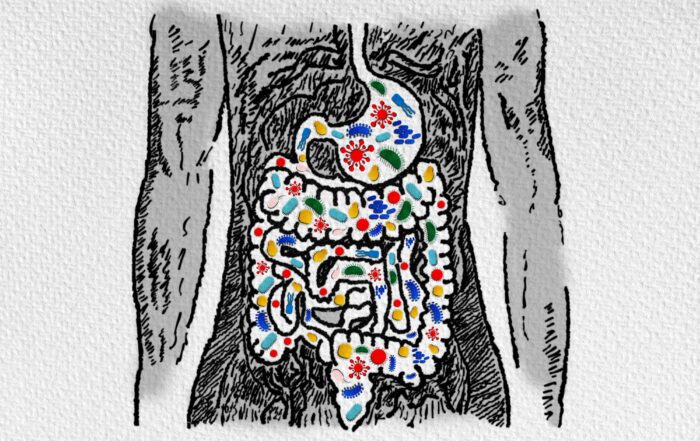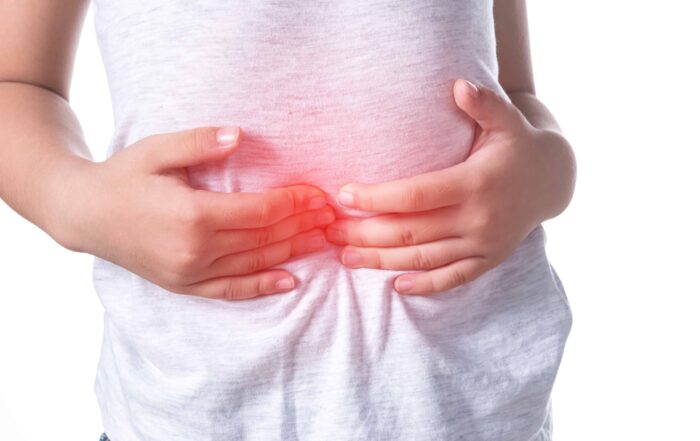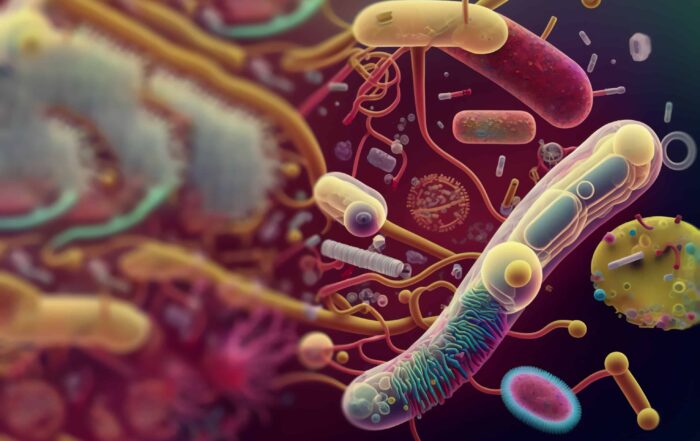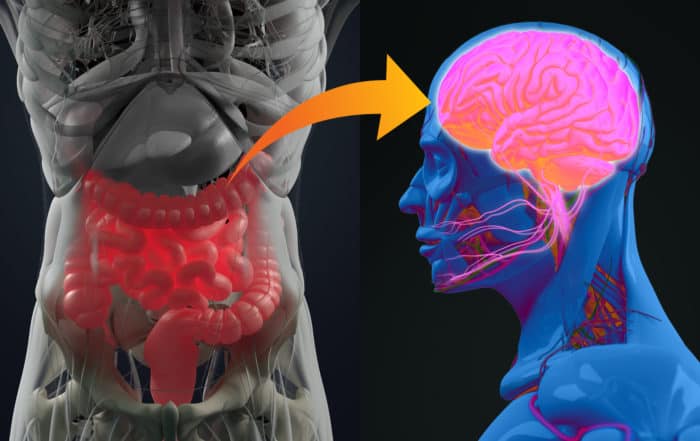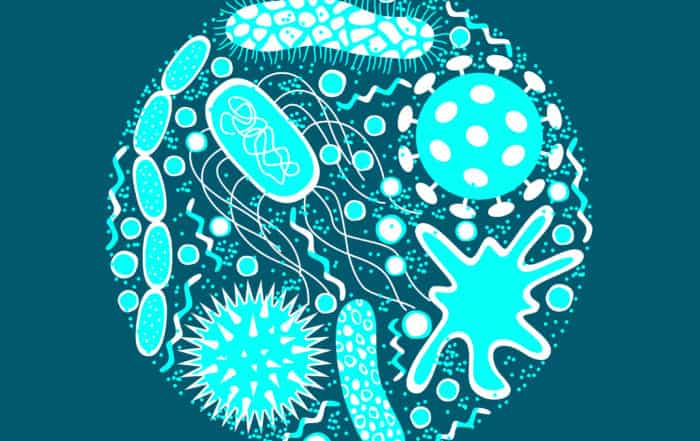Dr. William Parker’s presentation on the impact of parasites, helminths, biofilms and viruses on the human immune system in a toxic environment.
Certificates of participation are available upon successful completion of a brief knowledge quiz at: https://www.classmarker.com/online-test/start/?quiz=xdg5548de1bb84b8
Published: 05/06/2015
 William Parker, PhD is an Associate Professor of Surgery at Duke University School of Medicine. His research interests include the promicrobial aspects of the immune system and investigating the immunological differences between laboratory-raised and wild-raised animals as a probe for differences between humans with and without modern medical care, respectively. This comprehensive approach has turned up unexpected and dramatic differences between the unhygienic and hygienic populations.
William Parker, PhD is an Associate Professor of Surgery at Duke University School of Medicine. His research interests include the promicrobial aspects of the immune system and investigating the immunological differences between laboratory-raised and wild-raised animals as a probe for differences between humans with and without modern medical care, respectively. This comprehensive approach has turned up unexpected and dramatic differences between the unhygienic and hygienic populations.
New multi-national study adds to evidence linking alterations of the gut microbiome to autism
Strong new evidence linking alterations of the gut microbiome to autism spectrum disorders (ASD) comes from a new multi-national study by James Morton and colleagues. In the study, researchers in North
Constipation in infancy associated with higher likelihood of autism diagnosis
More evidence linking autism spectrum disorders (ASD) to gastrointestinal problems comes from a study by researchers in Taiwan and the United States, who report that ASD occurs at an elevated rate
Microbiota therapy may lead to lasting beneficial changes in the gut health of children with autism
Microbiota transfer therapy (MTT) may lead to long-term improvements in the gut health of children with autism spectrum disorders (ASD), according to a recent study by Khemlal Nirmalkar and colleagues at
Gastrointestinal and internalizing behaviors may be “bidirectional” in children, teens with ASD
Individuals with autism spectrum disorders (ASD) frequently suffer from gastrointestinal (GI) problems, and many also experience internalizing symptoms such as stress, anxiety, depression, and social withdrawal. A new study suggests that there
Researchers find clues to inconsistent microbiome findings in ASD, see longitudinal effects
A new study suggests that changes occurring over time in the behavior of individuals with autism spectrum disorders (ASD) may be related to their gut microbiomes. In addition, it offers insights
New animal research offers insights into the effects of the microbiome on social deficits in ASD
A new study provides additional clues about the role the gut microbiome may play in autism spectrum disorders (ASD). In earlier research (see ARRI 2019, Volume 1), Mauro Costa-Mattioli and colleagues


